The world of cryptocurrency is complex and ever-changing. As a trader, you need to stay on top of new developments and trends in the industry—but it can be tough to do this while also trying to keep your eye on the charts. In this guide, you'll walk through some of the popular crypto tools that’ll help make trading easier and more effective!
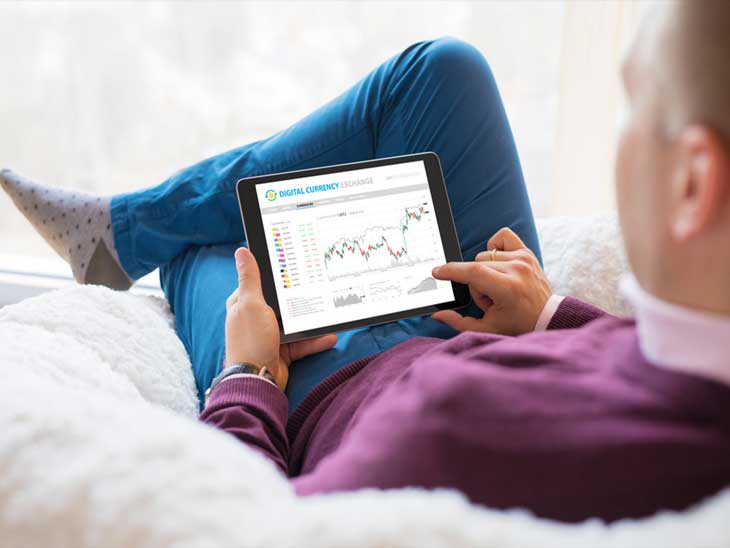
What Are Crypto Tools?
Crypto tools are instruments developed to help cryptocurrency traders enhance their crypto trading processes and portfolios. They're perfect for every kind of trader—whether you're a beginner, intermediate, or expert—or even just curious about how to get started in crypto. Crypto tools are available across all platforms and can be used for multiple purposes.
Some tools are free while others require payment in exchange for access to premium features like advanced analytics and trading signals that help you make better buying and selling decisions.
The idea behind crypto trading tools is simple: by using new technology, you can gain an edge over other investors who don't. That's why this guide put together a list of some great options that’ll help make your life easier when it comes to navigating this fast-paced industry.
Without much ado, here are some tools to consider:
1. Hardware Wallets
Hardware wallets are physical devices that store your cryptocurrency. They're much more secure than software wallets, but they're relatively expensive. Nonetheless, they can be used to store multiple cryptocurrencies in a single device. If you want to buy or sell multiple crypto assets, this is the best option for you!
There are different types of hardware wallets for crypto on the market. A popular choice is Ledger, which makes a line of hardware wallets for different currencies. You can also use Trezor to store Bitcoin and other cryptocurrencies on one device. And if you're looking for something specific like Ethereum storage or Monero storage, MyEtherWallet offers an easy-to-use web interface.
2. Desktop Wallets
Desktop wallets are software programs that you download to your computer or laptop. They allow you to store your private and public keys, letting you access them when necessary. Desktop wallets aren’t connected to the internet and are therefore more secure than web wallets. Some examples of desktop wallets include Electrum and Mycelium.
3. Web Wallets
Web wallets are hosted by a third-party provider who stores your private and public keys for you. Many of these services are free and offer a fast and easy way to manage your crypto. Some popular examples include Coinbase Wallet, Blockchain.com Wallet, and GateHub.

4. Mobile Wallets
Mobile wallets are convenient tools that allow you to access your funds on the go. Some mobile wallets can be used to trade cryptocurrencies while others offer additional features like the ability to store collectibles or manage multiple accounts.
Regardless of the wallet's function, it's important to note that mobile wallets aren’t as secure as hardware or desktop wallets. This is because they don't require you to physically confirm a transaction before it's sent, which means someone else could send funds from your account before you realize it's happened. If this happens frequently enough (or if hackers steal your PIN), it could lead to significant losses in funds.
5. Browser Extensions
Extensions are a great way to keep track of your portfolio. They can also help you stay up-to-date with crypto news and research new coins.
If you're using the Google Chrome browser, check out Cryptonator for price alerts and Coinmarketcap for coin research and tracking. If you use Mozilla Firefox, you could try Cryptocurrency Toolbar for coin stats and info.
Now that you've learned about the best cryptocurrency tools for traders, it's time to discuss exchanges. Exchanges are the place where people buy and sell cryptocurrencies. They act as brokers or middle-persons between buyers and sellers. There are tons of different exchanges out there with varying levels of security, functionality, and fees.
6. Crypto Exchanges And Trading Platforms
One of the most important things to understand about cryptocurrency trading is that it’s not a separate entity from the rest of the crypto ecosystem. In fact, exchanges are an integral part of this ecosystem since they serve as hubs for buying and selling cryptocurrencies.
Exchanges can either be centralized or decentralized. Centralized exchanges are run by a company that has control over your account information and funds. In other words, you're placing your trust in that company to keep your money safe and secure while you use their service.
Decentralized exchanges (DEXs) are different because users retain control over their accounts—no one else has access to them except for whoever owns them personally—so there's no need for third-party trust when using these platforms.
Conclusion
The crypto market is changing fast, and the tools you use to trade need to keep up. Many great tools are available, but not all are equal. You should be careful when choosing which ones are right for you.

You can get bonuses upto $100 FREE BONUS when you:
💰 Install these recommended apps:
💲 SocialGood - 100% Crypto Back on Everyday Shopping
💲 xPortal - The DeFi For The Next Billion
💲 CryptoTab Browser - Lightweight, fast, and ready to mine!
💰 Register on these recommended exchanges:
🟡 Binance🟡 Bitfinex🟡 Bitmart🟡 Bittrex🟡 Bitget
🟡 CoinEx🟡 Crypto.com🟡 Gate.io🟡 Huobi🟡 Kucoin.



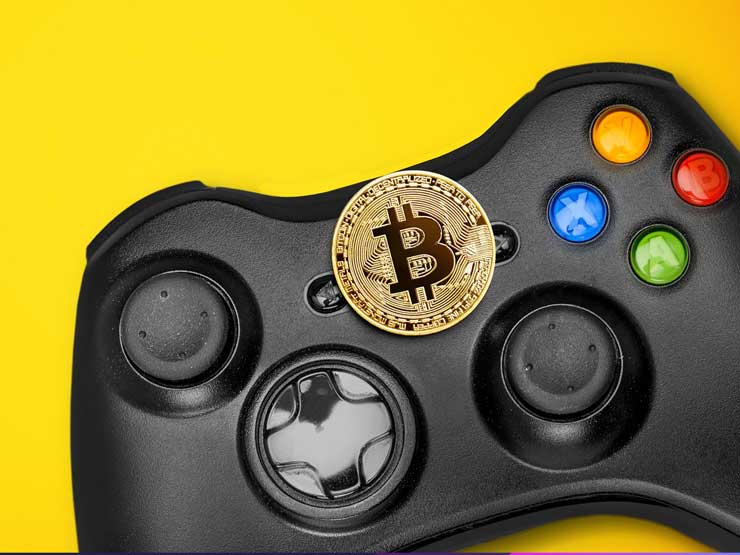
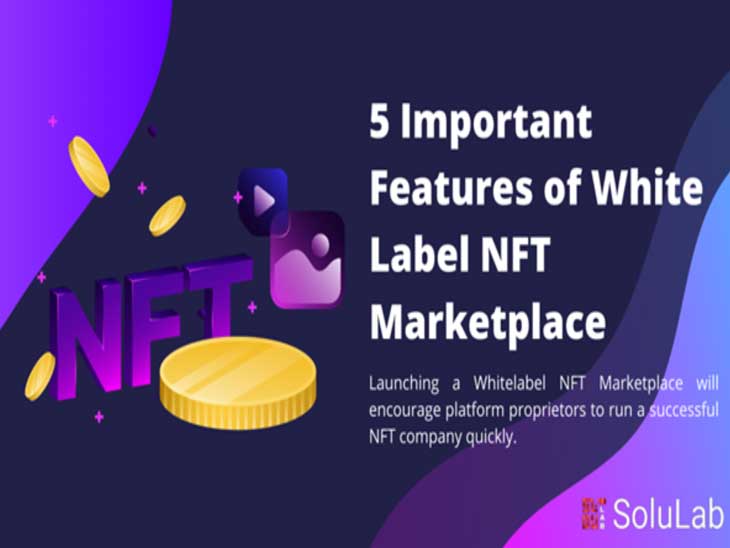

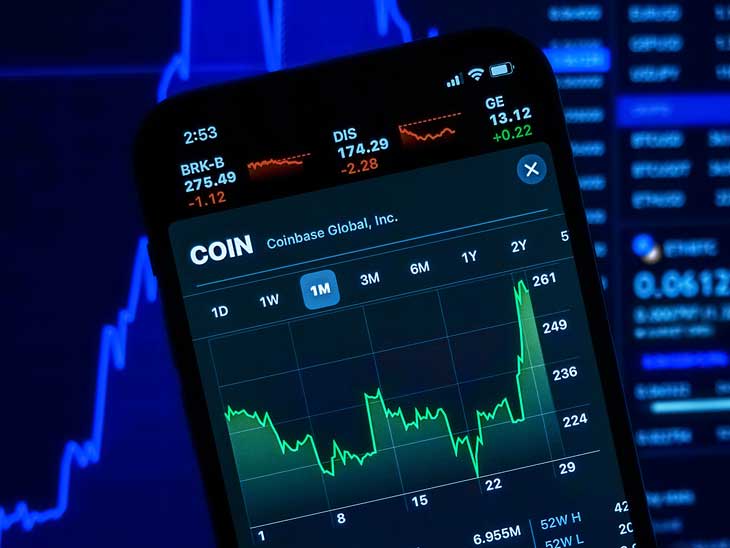




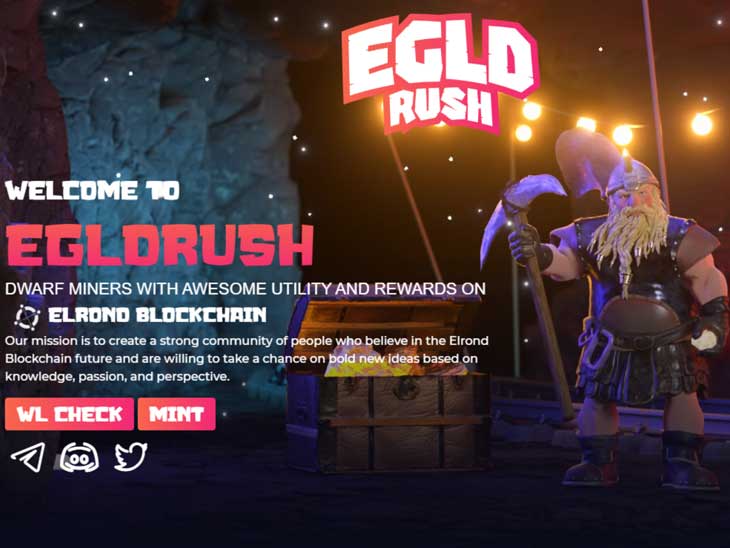

Comments